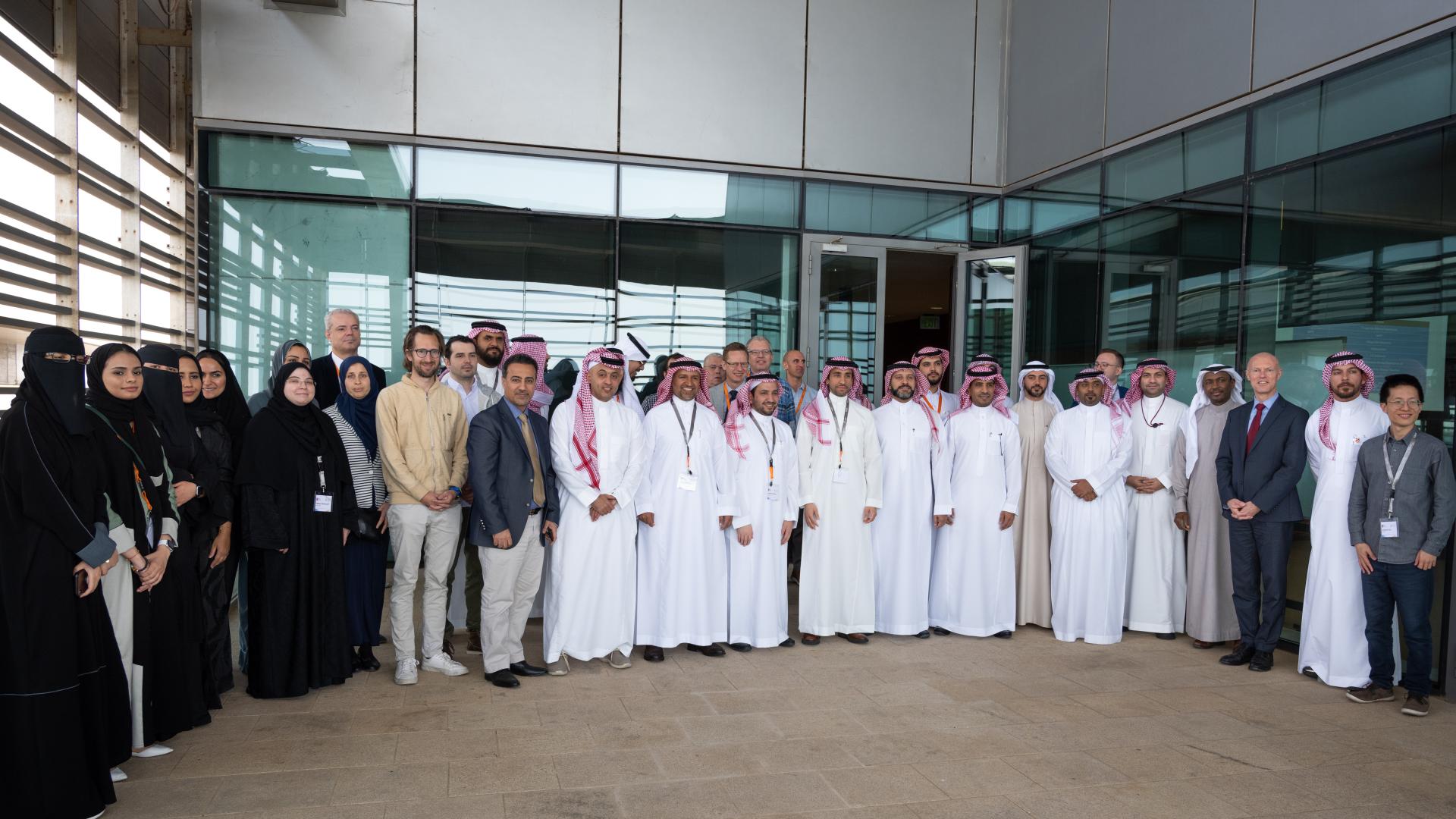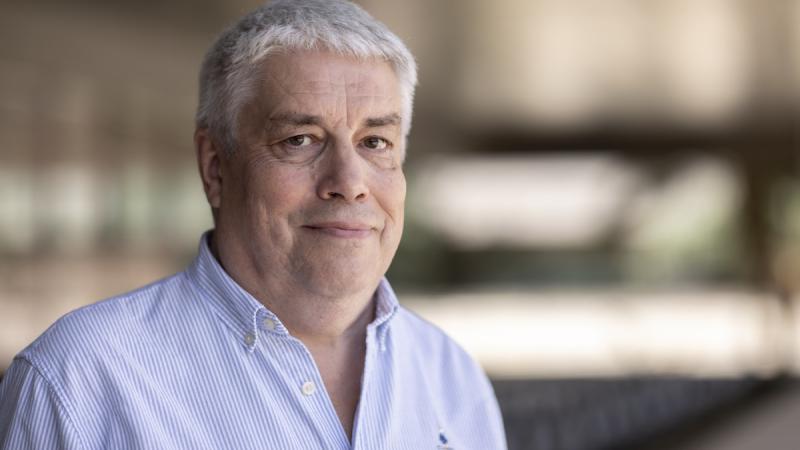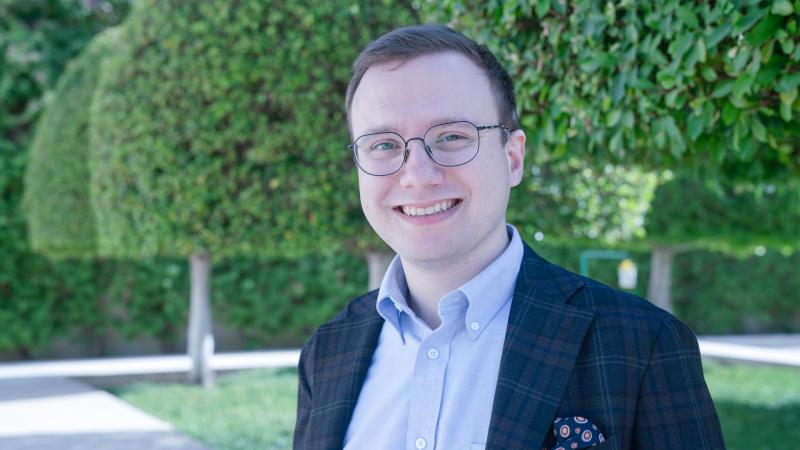By David Murphy
The recent KAUST-Prince Mohammed Bin Salman College (MBSC) Invitational Healthcare Analytics and Data Science Workshop brought together top-level clinicians, healthcare executives, representatives to discuss digitization and advancement of healthcare analytics in Saudi Arabia. The overarching goal of the workshop, held on campus on Thursday, February 13, was to build a collaborative platform between practitioners and researchers from across the Kingdom to meet the objectives of the Saudi Ministry of Health’s Healthcare Transformation Strategy, and Digital Health Strategy, as outlined by Saudi Vision 2030.
Throughout the day, presenters from MBSC, KAUST, and various Saudi institutions, introduced ongoing research efforts regarding the application of analytics, data science, and artificial intelligence into the field of healthcare.
“The workshop was a successful mutual exchange of ideas and offered fruitful discussions. Bringing KAUST and MBSC researchers together—with top-tier Saudi clinicians and healthcare executives—created a distinctive platform to both learn and investigate common interests,” said Michał Mańkowski, event co-organizer and Ph.D. student in the KAUST Computer, Electrical and Mathematical Sciences and Engineering (CEMSE) Division.
“During the workshop, we covered a broad range of topics like hospital performance improvement by analytics, transforming healthcare in Saudi Arabia through genomic data, classification of biomedical signals, and the application of analytics in organ transplantations,” he added.
Creating a unique space for healthcare collaboration
This year’s workshop—which was co-organized by Professor Mikhail Moshkov and Dr. Joris van de Klundert, Vice Dean of MBSC—was created as a direct outcome of findings from last year’s First Joint KAUST-MBSC Workshop. The first joint workshop explored potential collaborations between KAUST and MSBC regarding research projects in areas such as game theory, operations research, finance, and business & IT operations.
“During the 2019 workshop, we discovered a common interest in healthcare analytics. Post-workshop, organizers from both institutions committed to hosting a workshop in 2020 that was dedicated to healthcare.”
Although the promising collaboration between KAUST and MBSC is still in its nascent stage, Mańkowski believes that the union can grow across multiple levels to create a positive impact in the Kingdom.
Concurring on the synergistic opportunities ahead for researchers, Dr. Zeger Degraeve, Dean of MBSC, placed critical emphasis on quality over quantity. Speaking about the small, yet significant gathering of experts at the workshop, Dr. Zeger said, “A small scale group of world-class academics who contribute to the development of a field and create measurable impact is what we are aiming for and such workshops are just the beginnings of a promising relationship not just for the institutions but the Kingdom itself.”
The workshop involved multiple prominent stakeholders from the Saudi health sector. Dr. Khalid AlQumaizi, Vice President for Southern and Northern regions at Health Holding Company project, chaired the afternoon session. Dr. Ziad Naqshbandi, CEO of the National Center for Health Workforce Planning, headed a strong representation from the Saudi Commission for Health Specialties. There were also several leading clinicians and executives from the National Guard Health Affairs, the King Saud Medical City, and the King Faisal Specialist Hospital & Research Centre in attendance.
“The joint workshop participation from practitioners and scientists revealed a strong shared interest to advance the data infrastructure for healthcare analytics in the Kingdom, as required to support the present healthcare transformation and maximize benefits for the population health,” said Joris van de Klundert, Vice Dean of Academic Affairs of MBSC.
“The proximity of complementary skill sets of all involved has created a unique space for cooperation. I believe such a high-level of research collaboration and effort—as witnessed during our invitational workshop—can solve existing clinical problems in Saudi Arabia,” Mańkowski concluded.


